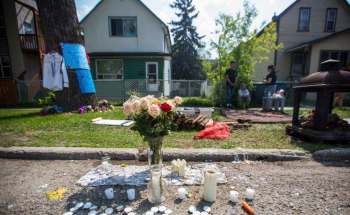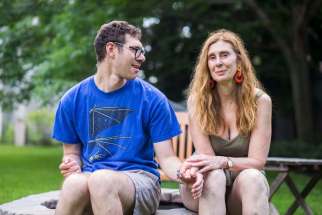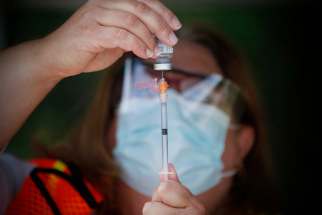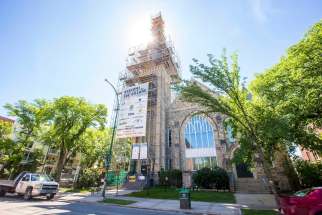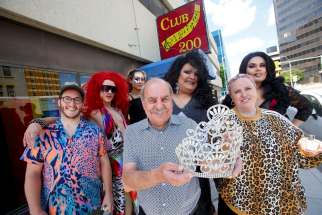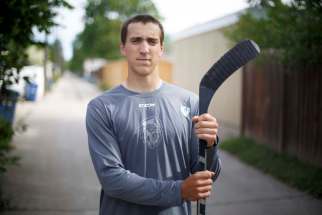‘Forgotten demographic of the COVID situation’ Supports for people with disabilities suffer under ongoing restrictions: advocates
Read this article for free:
or
Already have an account? Log in here »
To continue reading, please subscribe:
Monthly Digital Subscription
$0 for the first 4 weeks*
- Enjoy unlimited reading on winnipegfreepress.com
- Read the E-Edition, our digital replica newspaper
- Access News Break, our award-winning app
- Play interactive puzzles
*No charge for 4 weeks then price increases to the regular rate of $19.00 plus GST every four weeks. Offer available to new and qualified returning subscribers only. Cancel any time.
Monthly Digital Subscription
$4.75/week*
- Enjoy unlimited reading on winnipegfreepress.com
- Read the E-Edition, our digital replica newspaper
- Access News Break, our award-winning app
- Play interactive puzzles
*Billed as $19 plus GST every four weeks. Cancel any time.
To continue reading, please subscribe:
Add Free Press access to your Brandon Sun subscription for only an additional
$1 for the first 4 weeks*
*Your next subscription payment will increase by $1.00 and you will be charged $16.99 plus GST for four weeks. After four weeks, your payment will increase to $23.99 plus GST every four weeks.
Read unlimited articles for free today:
or
Already have an account? Log in here »
Hey there, time traveller!
This article was published 24/06/2021 (1629 days ago), so information in it may no longer be current.
While some celebrated the impending return of patio beers and gym sessions, after the province’s reopening announcement Wednesday, the decision to leave supports for people with disabilities out of the equation was “a slap in the face” to others.
Karla Berbrayer’s 31-year-old son, Micah Kraut, is on the autism spectrum, visually impaired, and has mild cerebral palsy. He lives in a residential group home in Winnipeg.
Kraut has been fully vaccinated against COVID-19 for weeks, as have Berbrayer and her husband.
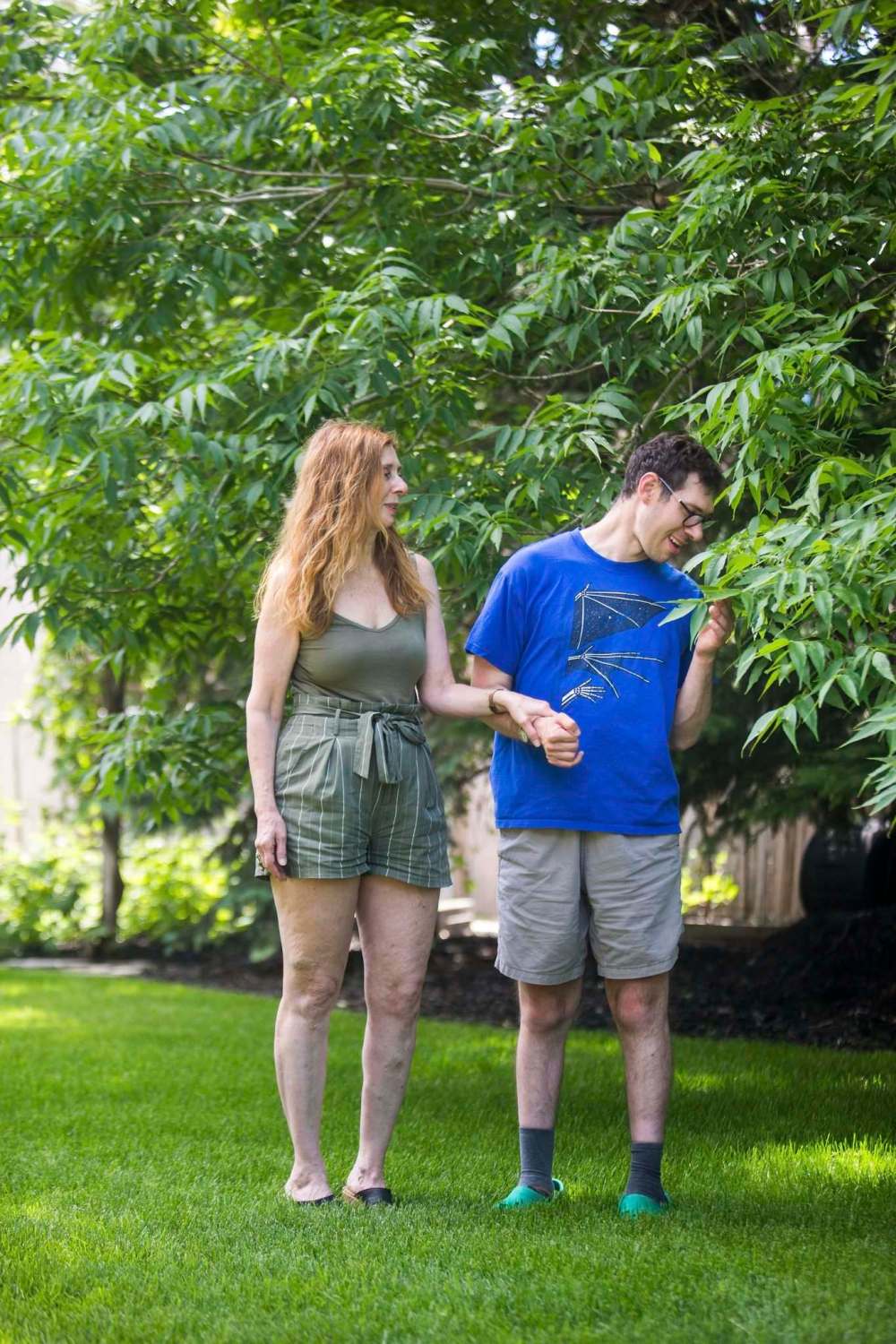
Not only is her son not able to enter the family home — confusing enough for both Berbrayer and Kraut, considering people will be able to dine with their fully vaccinated friends in restaurants come Saturday — but he’s been without the daily support programming he relies on to structure days and improve quality of life.
“I was absolutely astounded that that would not be a top priority, that it would be more of a priority for them to open up businesses, have people go to gyms and arts events,” Berbrayer said.
Kraut uses Community Venture day programming, which provides full days of life skill training, work placements and recreational activities for adults with developmental disabilities. He utilized the service eight hours a day, five days a week until it was first shut down in March, then again in October due to COVID-19 restrictions.
Berbrayer called the service a central focus in his life and a rare opportunity for social interaction.
“For him to be in his home, unable to go to his day program, unable to do anything really other than go for a walk with his housemates… to me, it’s really an insult, it feels as if this is the forgotten demographic of the COVID situation,” she said.
“I was absolutely astounded that that would not be a top priority, that it would be more of a priority for them to open up businesses, have people go to gyms and arts events.” – Karla Berbrayer
Berbrayer is part of multiple family networks that have loved ones with disabilities, and said “hundreds and hundreds” of families in these networks are experiencing the same struggle. While many people might miss pre-COVID social gatherings, people without developmental disabilities likely have support options her son, and people like her son, do not.
“He’s not a Zoom learner, let’s put it that way,” she said. “Learning via the computer is not going to work for him. For him, the most important thing is to be in a social environment with other people.”
There’s a misconception that programs such as Community Venture are comparable to other social gatherings, executive director Kim Park said.
“I’ve had people reference, ‘Well, just because they’re missing their friends, that doesn’t mean to put them in danger,’ and I think they underplay the whole mental health part of it,” she said.
“It’s more than just missing friends, it’s that ability to leave your home and go out and do some stuff, like any one of us gets the opportunity to do.”
“And I’d like to ensure that that’s happening for everybody, and not just a sector of people.” – Community Venture executive director Kim Park
Park, too, was hoping to see full services return, or at least be mentioned, in the province’s reopening strategy announcement Wednesday — especially considering how many people who utilize such services are now fully vaccinated.
“I was hoping that that would be looked at and that we would’ve heard something,” she said.
Community Venture provides day services to 154 people with disabilities. Some services remained in place through the pandemic, which was defined as “critical care,” and usually involved people who were unable to safely stay home or receive at-home support.
Ideally, Park said, the reopening strategy would be equitable to all Manitobans.
“My concern has always been, we’re being told as the general public, if you’re fully vaccinated, things are going to open up more to you,” she said.
“And I’d like to ensure that that’s happening for everybody, and not just a sector of people.”
malak.abas@freepress.mb.ca
Twitter: malakabas_

Our newsroom depends on a growing audience of readers to power our journalism. If you are not a paid reader, please consider becoming a subscriber.
Our newsroom depends on its audience of readers to power our journalism. Thank you for your support.



